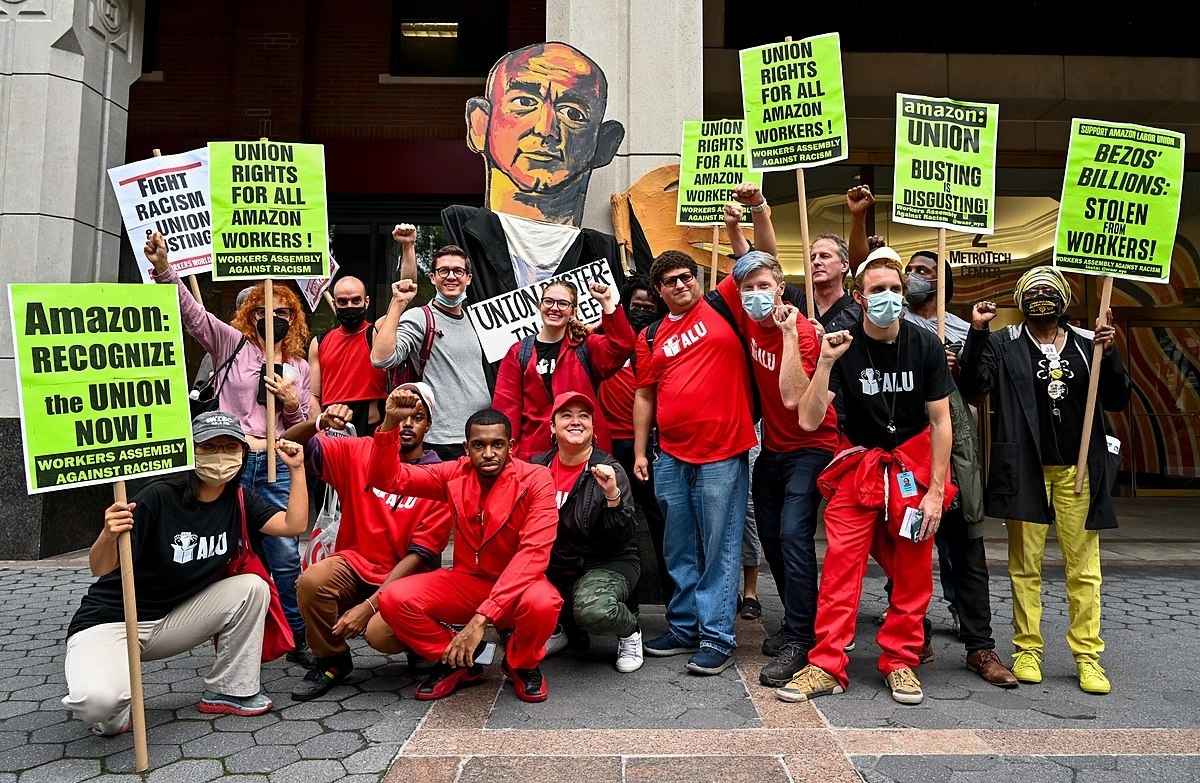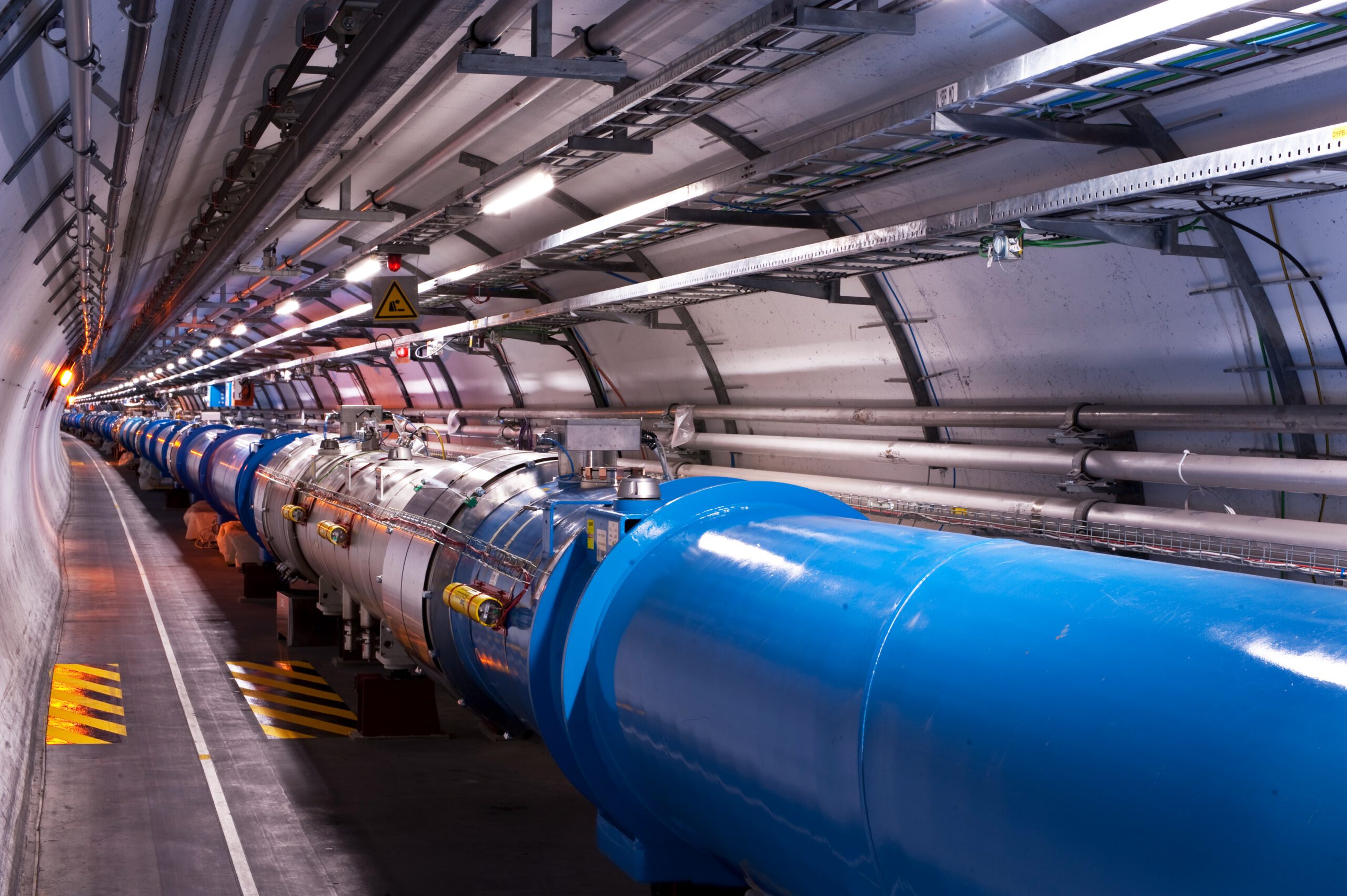Leaked internal documents reveal Amazon plans to avoid hiring 600,000 US workers by 2033, replacing them with robotic that could save the company $12.6 billion over the next three years. Your next-day delivery might get faster, but entire communities built around Amazon warehouses face an uncertain future. This isn’t just corporate efficiency—it’s a preview of how automation will reshape American employment. Since 2000, it’s estimated that 1.7 million manufacturing jobs globally have been lost to automation and robotics.
The Million-Robot Workforce Already Here
Amazon has quietly deployed over one million robots across its global network, with humanoid workers now handling tasks from package sorting to inventory management.
Your packages already pass through robotic hands more than human ones. Amazon’s Hercules, Sequoia, and Proteus robots currently manage the repetitive, physically demanding work that built the company’s logistics empire.
According to leaked internal documents, this is just the beginning. Executives reportedly plan to automate 75% of operations by 2033, directly eliminating 160,000 warehouse roles by 2027. Amazon has disputed these claims, calling the leaked materials “incomplete” and unrepresentative of company strategy.
The PR Strategy Behind the Automation Push
Internal communications allegedly reveal Amazon executives deliberately avoid terms like “AI” and “automation” in public discussions, while preparing for community backlash.
Amazon knows you’re not ready for this conversation. The leaked materials reportedly show company leaders strategizing around public perception, planning community projects to soften the blow of mass job displacement. They’re selling automation as worker safety and efficiency improvements—never mentioning the projected $0.30 savings per shipped item that comes from eliminating human paychecks.
What This Means Beyond Amazon
Nobel laureate Daron Acemoglu warns that Amazon’s automation success will rapidly spread to other major retailers, multiplying workforce impacts.
“Nobody else has the same incentive as Amazon to find the way to automate,” warns economist Daron Acemoglu. “One of the biggest employers in the United States will become a net job destroyer, not a net job creator.”
If Amazon perfects large-scale robotic warehousing, other major retailers will likely follow suit. Your local fulfillment center jobs won’t just disappear—they’ll become as obsolete as video store clerks. The million robots already working across Amazon’s network suggest this transformation is already underway, regardless of the company’s public denials about its leaked internal strategy.




























